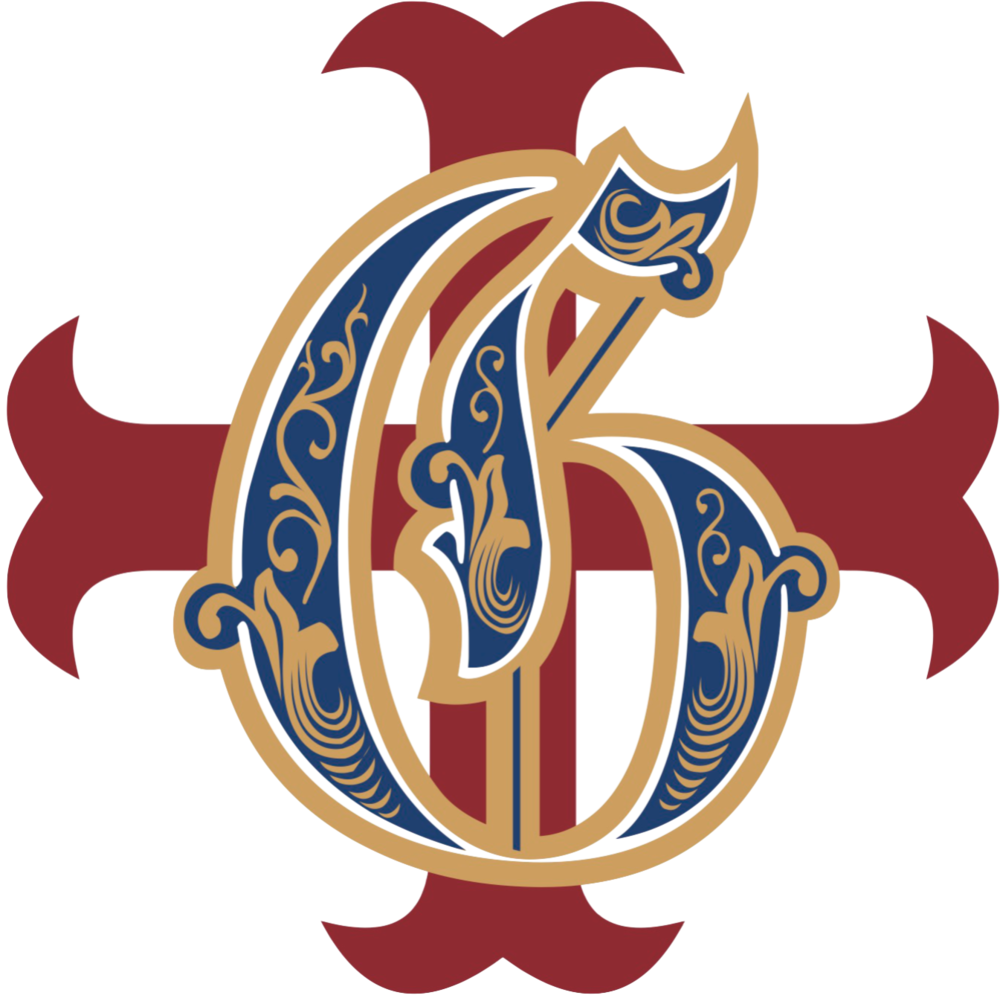God + Philosophy = a Day of Calculus at GCCA
By Jennifer Folegatti
GCCA Math & Science Teacher
Before this school year began, the idea of me teaching Calculus was put on the table. “What are they thinking?!” I asked myself, “I haven’t even thought about calculus in about 20 years! Much less have any idea how to teach it classically!”
As I began to wrestle with how to teach a new-to-me class on a subject that was not the easiest for me to wrap my mind around the purpose of, I came to find an amazing jewel of beauty in a subject that I admittedly always enjoyed, but never fully understood. Just as I have sought to redeem my personal education as a whole, I began a quest to discover how in the world I could possibly integrate history, philosophy, science, scripture, writing, and ultimately the divine order of our sovereign God into the discipline of mathematics, and specifically a highly theoretical mathematics like Calculus. What I have found, with the help of my sole 11th grader, is a newfound respect and love for philosophy and a desire for greater understanding of the ancient ideas that people with far greater time on their hands than me were able to uncover. As my student and I often sit and wonder at the fact that these ancient men were able to spend hours, WEEKS, YEARS sitting in the stillness of their own thoughts, observing the precise, orderly, mysterious world around them, it reminds me how we must learn to take our thoughts and ultimately time captive, pushing out the distractions of this world, in order to just sit, in the stillness of our own minds, and meditate on the scripture that God has so graciously and abundantly laid before us.
“We destroy arguments and every lofty opinion raised against the knowledge of God, and take every thought captive to obey Christ” - 1 Corinthians 10:5
One of my favorite quotes that I have discovered while studying the history of natural philosophy that led to the discovery of calculus is from Galileo’s Book of Nature. In this part of the book Galileo is discussing how the observation of ‘nature’ can be used as a ‘text’ to be read for deeper understanding of God:
“Philosophy is written in this all-encompassing book that is constantly open before our eyes, that is the universe; but it cannot be understood unless one first learns to understand the language and knows the characters in which it is written. It is written in mathematical language, and its characters are triangles, circles, and other geometrical figures; without these it is humanly impossible to understand a word of it, and one wanders around pointlessly in a dark labyrinth.” - Galileo Galilei
Over the last few years while journeying through what it means to teach classically, I have developed a deep desire to expound the value of history to the understanding of mathematics, and a gratitude for biblical theology that has helped me understand the beauty and a necessity of a subject like Calculus. What a blessing and privilege it is for me to have the opportunity to teach at a school like GCCA, where the desire of the administration, teachers, parents, and students is to bring glory to God in ALL things, whether that be our favorite subject, or those that seem a little less meaningful in our own minds. May we strive to be like Isaac Newton (the Father of Calculus), seeing our own work, whatever that work may be, as a way of investigating God’s own handiwork.
